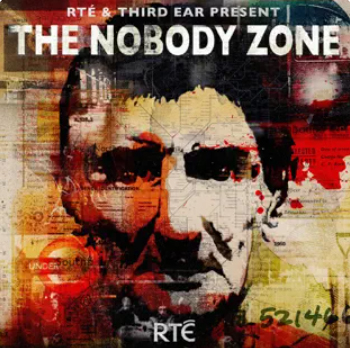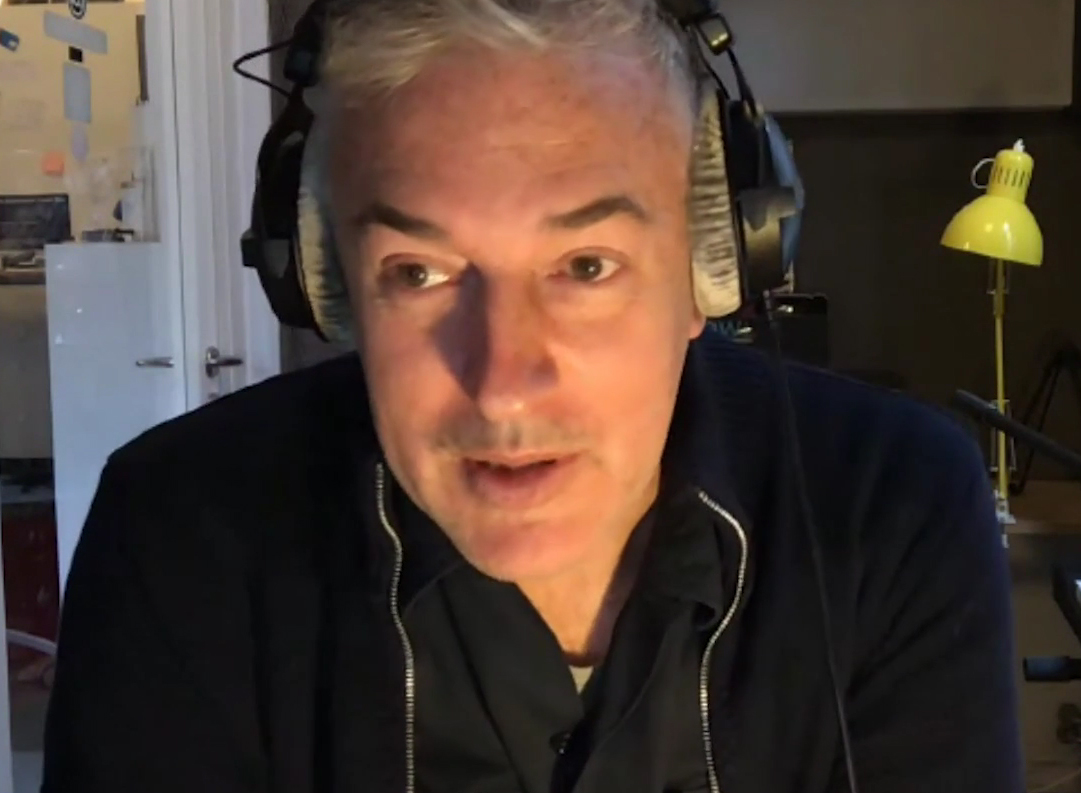RadioDays PodcastDay online was held in Europe overnight, and Tim Hinman from Third Ear Podcast talked to Munck Studio’s Karen Albertsen about stories with strong narrative and captivating sound.
His companies podcast, The Nobody Zone, has been translated into five languages.
Tim says he often finds stories to chase just from conversations with his team, “Often a story will be something that we have talked about at lunchtime more than once and we all think that it sounds interesting …or it is interesting because it is easy to access archive material.”
Tim says they only tell true stories, and that the telling of the story is done through the personality of the story teller, and that it must have the simple elements that any good story or fairy-tale has, “a good beginning, an end, something will happen, something will change and something will be different at the end.”
He says sound is important especially when interviewing people so they rarely do studio interviews but use real world space like a subjects home or he will meet them out at places where things have happened and “activate them so that there is life, movement and activity in the reporting.”
This then gives the team a chance to make the story in scenes, much like the way movies are made where you move from one scene to the next.
The difference between a film and one of his podcasts is that sometimes, while there is a known starting point, they allow the material to lead them and sometimes don’t know where the story is going to finish.
Audio plays a big part in the final production and Tim looks for audio that will bring the story to life, including any audio recorded at the time of the event that can bring life and colour.
He says, “If you are creating a sound rich feature… you can add music, atmosphere, a crackling old bit of tape rewinding, a narrators voice, an interview all at the same time and it shouldn’t sound confusing
“You need a mixture of qualities, a mixture of textures, a mixture of interesting, moving audio to create an exciting and interesting scene that has life in it”.
Tim says that there will be developments in the “high-end” area production of podcasts. “Podcasts that sound as good as movies…that have great sound, great musical composition, great tonality, that you can switch on and immerse yourself”.

Subscribe to the radioinfo podcast on these platforms: Acast, Apple iTunes Podcasts, Podtail, Spotify, Google Podcasts, TuneIn, or wherever you get your podcasts.



